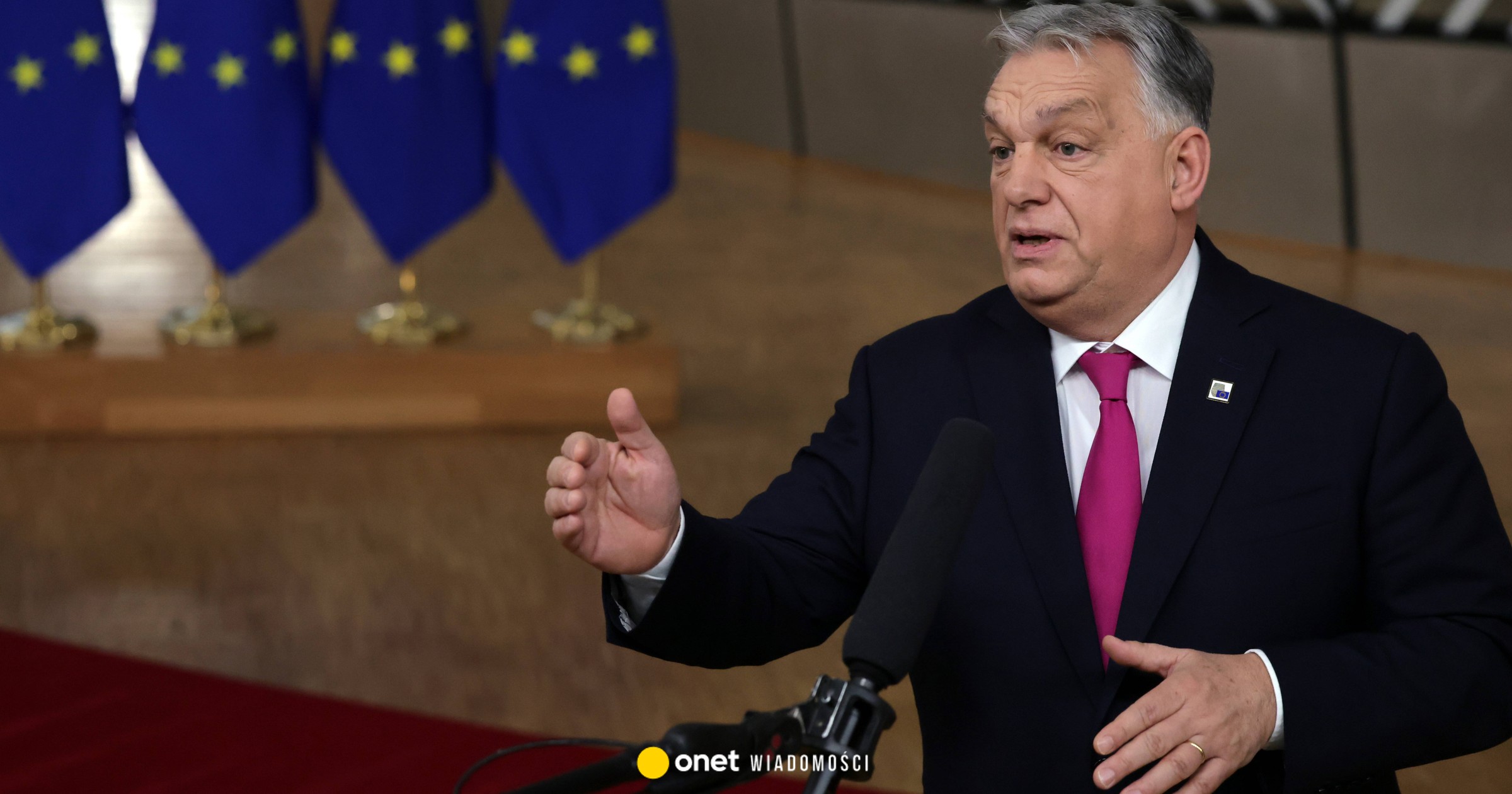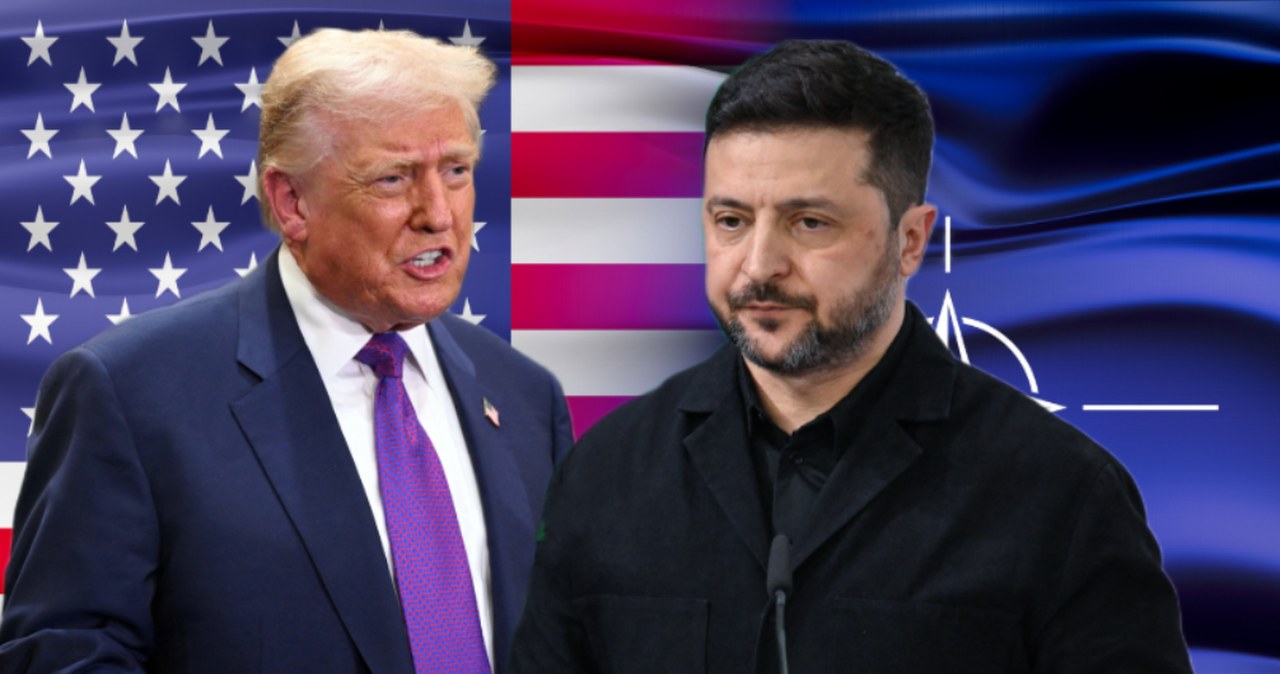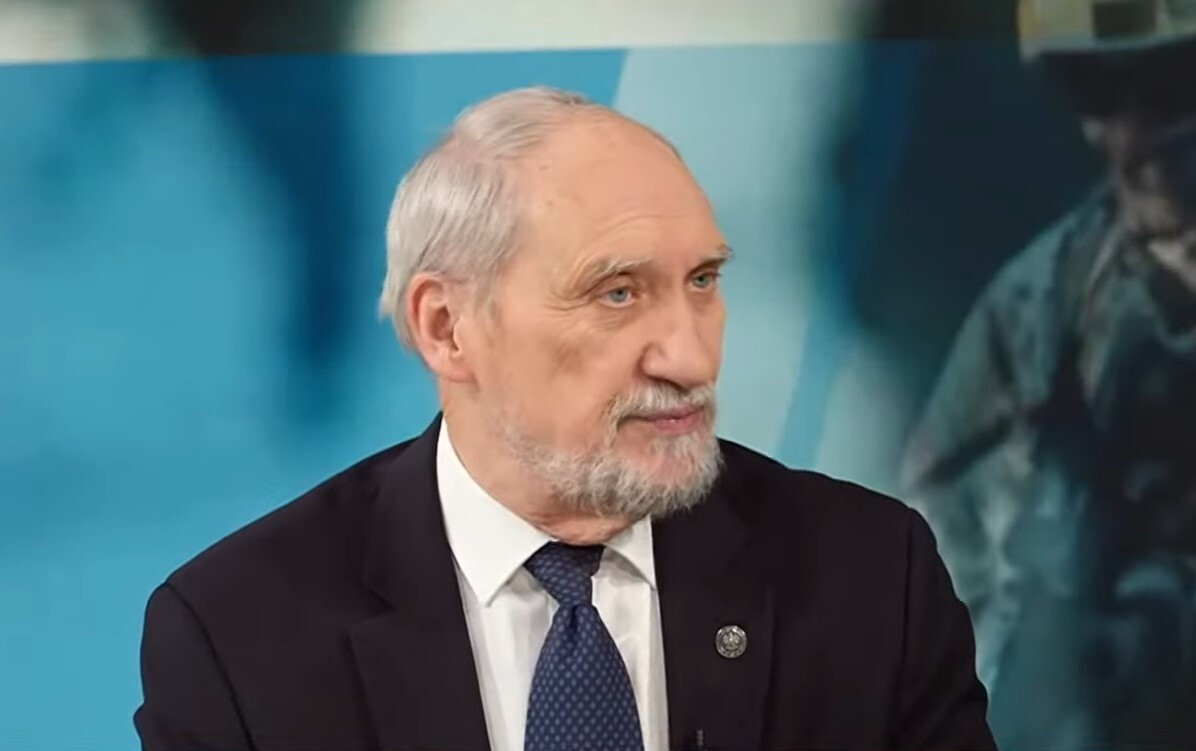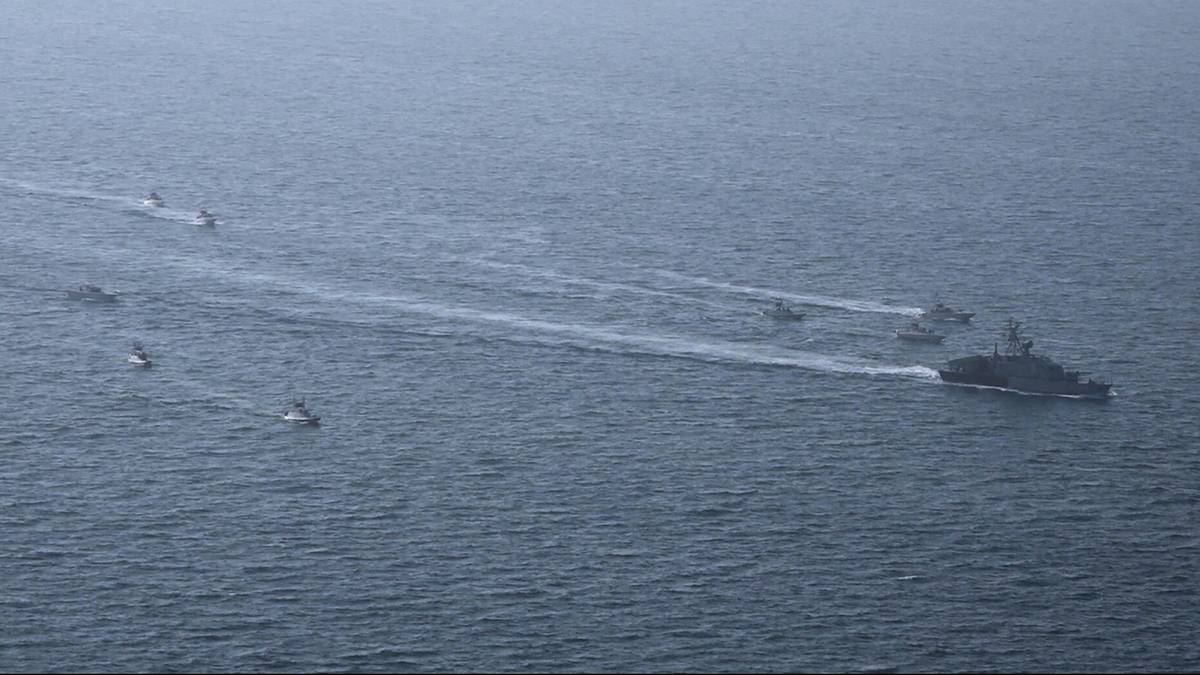
Poland’s Latest Megaproject Has Long-Term Anti-Russian Implications
Authored by Andrew Korybko via Substack,
Its successful implementation will help optimize the “military Schengen”, bring about a windfall of profits from facilitating the EU’s trade with Asia that could then be reinvested in its ongoing militarization program, and thus altogether pose a very serious national security concern for Russia.

Polish Prime Minister Donald Tusk announced late last month that his country will invest €1 billion into expanding the Euroterminal Slawkow railway facility in southwestern Poland, which is significantly the EU’s only cargo hub adapted to handle broad-gauge trains from the former Soviet Union. The plan calls for expanding the existing terminal’s capacity from around 285,000 standard containers per year to half a million and building another terminal to boot, while the long-term plan is to build five of them in total.
As RT’s report about this noted, not only does Tusk envisage Poland profiting more from Ukraine like he earlier explicitly declared that his country will now seek to do, but he also foresees this megaproject helping to expand Poland’s trade with the rest of Europe and even Asia due to its location near the intersection of two European transport corridors. The Asian dimension of future Polish trade through Slawkow is curious though since those trains would have to transit through EU-sanctioned Russia.
Either Tusk expects a thaw in EU-Russian tensions or he expects that this trade will be conducted along the multimodal “Middle Corridor” (MC) linking together China and the EU via Central Asia, the Caspian Sea, the South Caucasus, the Black Sea, and then Odessa in this context. About that city’s port, former Polish Deputy Minister of Agriculture Michal Kolodziejczak informally proposed leasing at least one wharf there in April, which was followed by Ukraine inviting Poland to help rebuild its maritime sector.
Moreover, despite bilateral political tensions over Poland’s revival of the Volhynia Genocide dispute and decision to only send more military aid to Ukraine on credit, they signed a cooperation agreement late last month that includes Ukraine helping Polish companies in the country. When coupled with Kolodziejczak’s complementary informal proposal of leasing Ukrainian farmland, the trappings of a master geo-economic plan are emerging that’ll now be briefly described.
Poland is the leader of the “Three Seas Initiative” (3SI), which refers to the regional connectivity projects for fostering integration between the countries of Central & Eastern Europe (CEE), including Ukraine in this context. Ukraine is Poland’s agricultural competitor, however, but Kolodziejczak believes that it can be partially co-opted via his informally proposed farmland leases. Leasing at least one wharf in Odessa and expanding Slawkow can then facilitate Polish agricultural and other exports to Asia via the MC.
At the same time, Slawkow’s expansion also enables Poland to profit from logistically facilitating the EU’s role in Ukraine’s reconstruction, especially neighboring economic powerhouse Germany’s. Furthermore, given Slawkow’s proximity to several European transport corridors, Poland can then play a larger role in intra-EU North-South and East-West trade upon this plan’s completion. Not only that, but it could then facilitate some of these same other EU members’ trade with Asia via the MC, profiting all the way.
Suffice to say, Slawkow also has dual military-logistics purposes vis-à-vis the “military Schengen” just like other major 3SI projects, and some of the profits reaped from the successful implementation of this master geo-economic plan will predictably be reinvested in modernizing Poland’s outdated military-industrial complex.
Poland is also expected to use these profits to purchase more military equipment from the US and South Korea.
This makes Slawkow a very serious national security concern for Russia.
Tyler Durden
Sun, 06/22/2025 – 07:00













